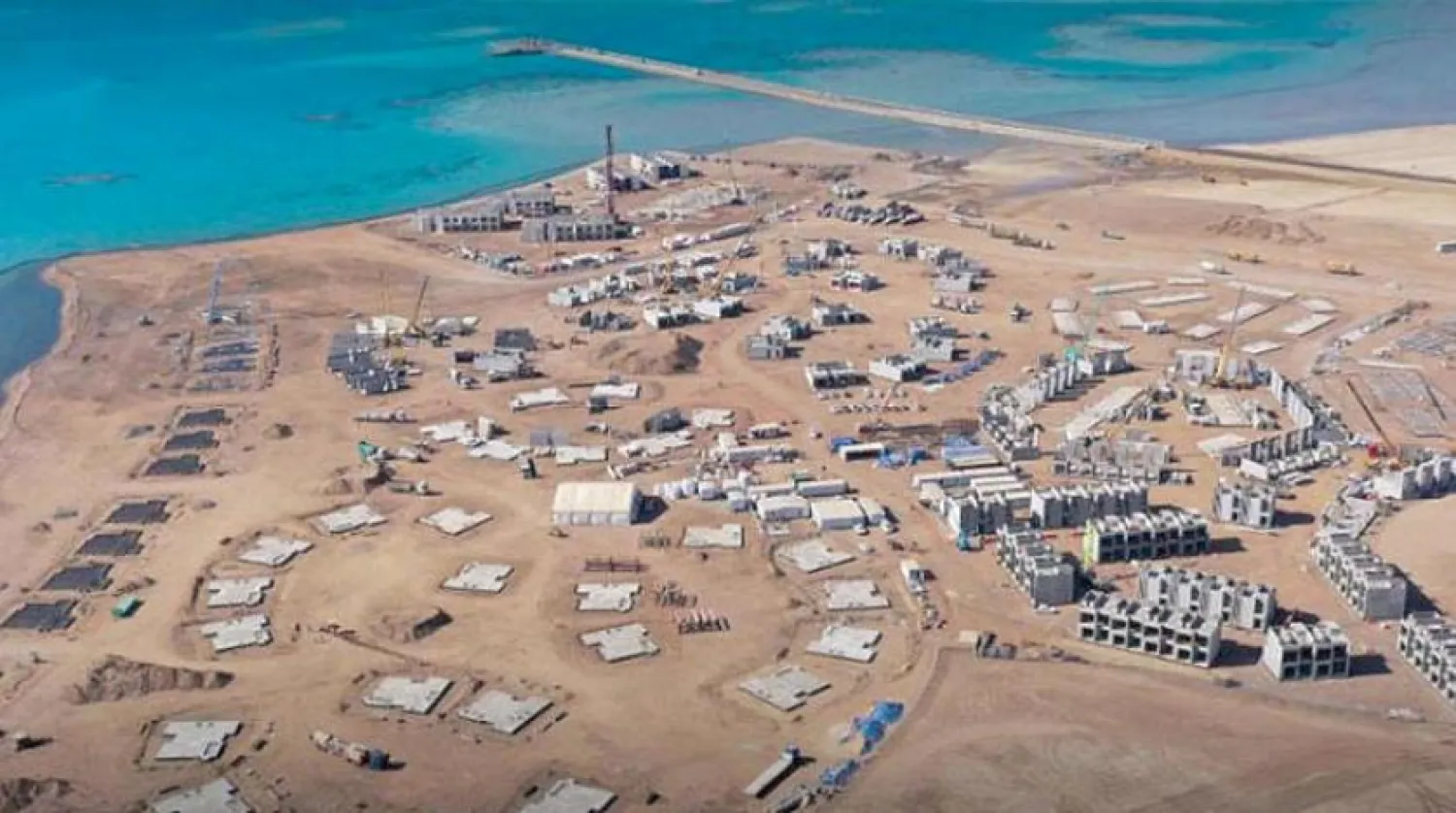The Red Sea Development Co. (TRSDC) inaugurated the first desalination plant using solar and wind energy in Saudi Arabia, as part of efforts to preserve the environment by limiting carbon emissions.
Chief of staff at TRSDC Ahmed Ghazi Darwish said that the project was launched in collaboration with Source Global, PBC, which specializes in renewable drinking water.
“It keeps pace with the multi-product tourism sector in Saudi Arabia and will meet the tourists’ demands for a distinctive Red Sea destination through various means.”
The solar-powered desalination plant will be the world’s largest, with a production capacity of 2 million 330 milliliter water bottles per year, he said.
The production of 300,000 bottles per year will begin in the coming years, Darwish added, noting that reusable bottles will be used to help achieve carbon neutrality.
During the first phase of the plant’s construction, experts selected an ideal plot of land and placed 100 hydrogen panels after conducting a virtual survey according to the plant’s specifications and requirements.
A total of 1,200 hydrogen panels will also be added during the second and third phases, and the plant will be provided with necessary components and reusable bottles by companies operating in the Kingdom.
The desalination technology used by TRSDC will fully depend on solar energy to raise condensation levels in the hydrogen panels to produce high-quality fresh water, Darwish explained.
He pointed out that the performance of the panels will be monitored through a smart application that will show the volume of water produced, the environmental impact of the panels and maintenance alerts.










